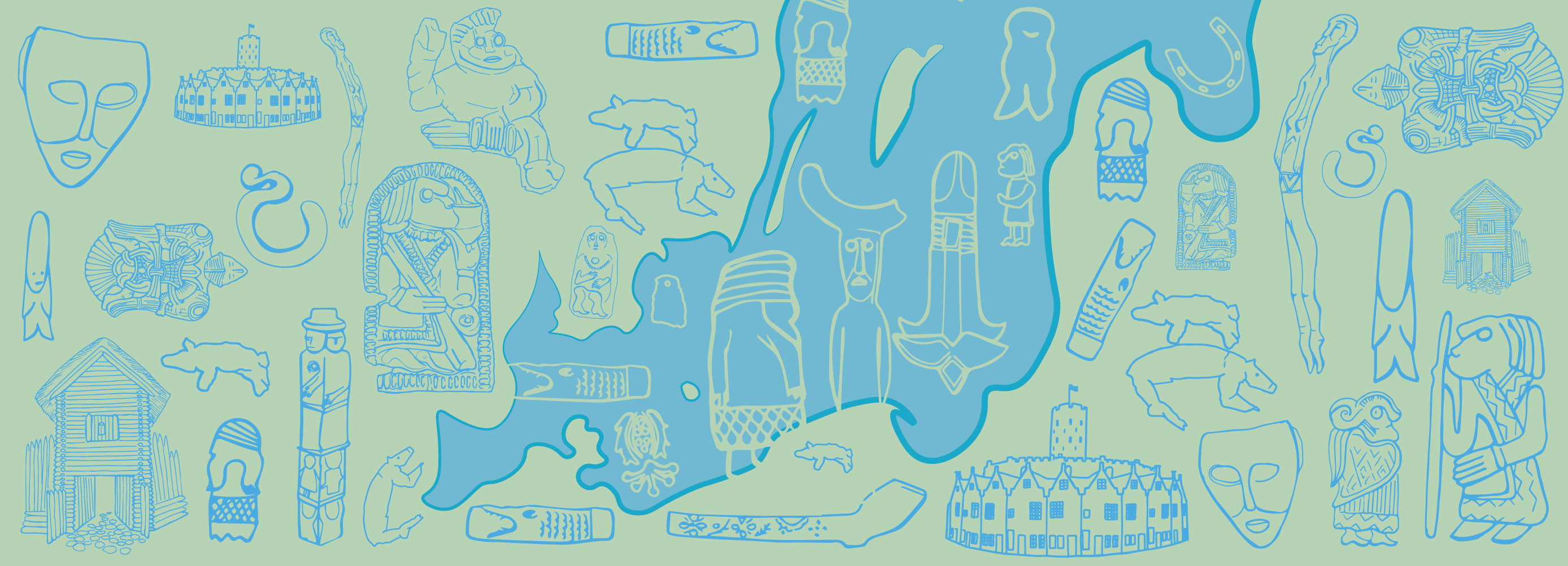The common past of the Baltic Sea
For most of society when the word ‘archaeology’ is used, we think of exotic excavations and pyramids in Egypt, ancient Greece, Rome, or impressive structures in Central America. In comparison to the see exceptional ancient monuments, the archaeological heritage in the Baltic Sea Region may seem inconspicuous and small-scale. However, for millennia this region has facilitated the flow of people, ideas and goods and the formation and fall of cultures; the traces of those activities can still be found today. The big questions are – what is left of this fascinating past? How can we read these remains, and connect them to our contemporary Baltic region.
The ArchaeoBalt project aims to find out more about our past cultural connections, which are currently hidden by the earth…
By using excavations, a more indepth and vivid picture of the Baltic Sea Region emerges. We can reveal that the past was vibrant with many networks and relationships across the region, some still visible today in culture, architecture, art.
The fascinating collective heritage of the Baltic remains relatively unknown and still conceals many mysteries. This means that its touristic potential is still under-developed especially through the use of archaeology. The ArchaeoBalt Project invites you to locate the hidden heritage of the Baltic region that lies beneath the soils of Denmark, Poland and Sweden.
The ArchaeoBalt project is a three-year project implemented by the University of Gdańsk, University of Aarhus, University of Lund, Museum of Bornholm and Museum of Gdańsk. The project will ultimately develop a new way to promote our joint cultural heritage through many activities, which will boost the tourist exchange in the South Baltic Sea Region through a new brand – sustainable Green and Blue Archaeotourism.
Project ArchaeoBalt Laying fixed foundations for innovative archaeotourism – a new ‘green’ archaeoroute in the southern Baltic Sea Region is conducted within program Interreg South Baltic 2014–2020 financed by European Regional Development Fund and the program of the Minister of Science and Higher Education entitled “PMW” in the years 2014-2020/2021/2; contract No. 5166/SBP 2014-2020/2021/2.
Project total eligible budget: 2 014 749,13 EUR
ERDF: 1 585 674,30 EUR
Project start date: 25.07.2018
Project end date: 30.06.2023


